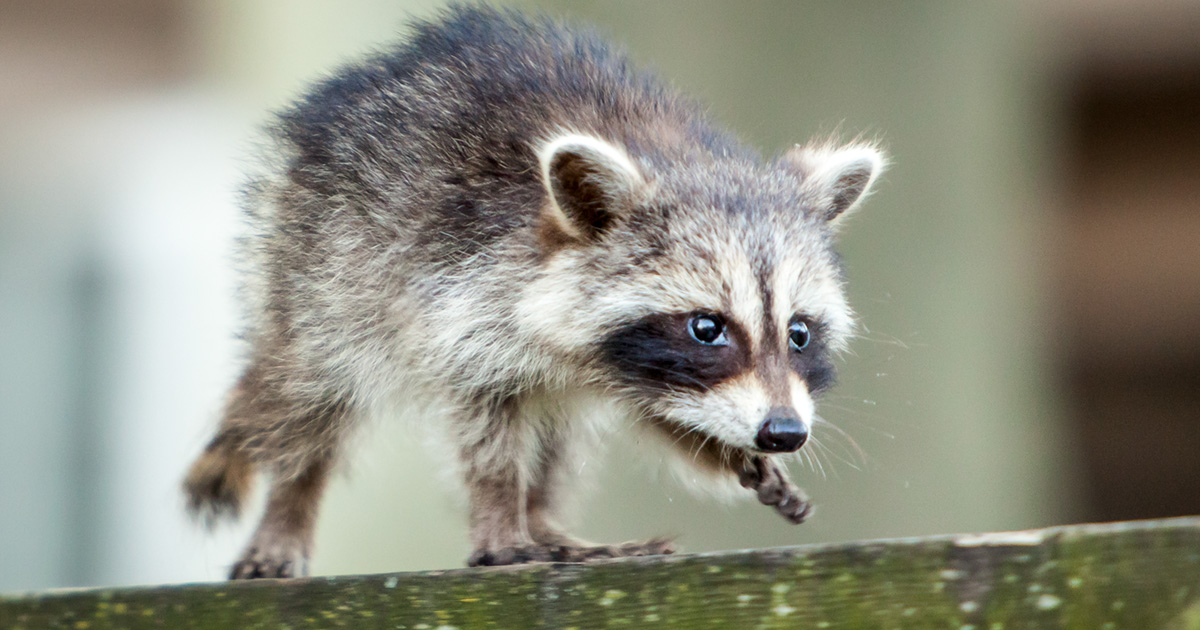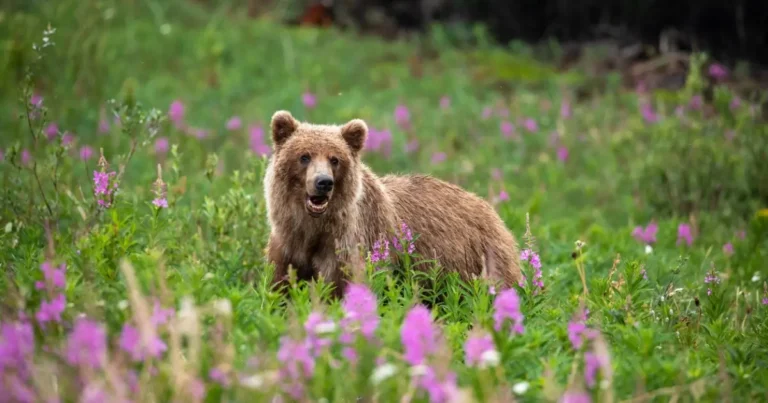
Spring is just around the corner and it is an exciting time for our furry friends. This is the time when you can expect a new generation of native fur-bearers including beavers, rabbits, raccoons, lynx, skunks, foxes, coyotes, river otters and wolves. We’ll also be seeing black bears emerge as a family, they'll be on the move soon, searching for food.
All of these animals are taking advantage of the new roots, shoots and small plants and flowers. It's a great time to forage and gather nesting material. Despite the joy of nature's new arrivals, spring can be a precarious time for little beings but YOU can help!
Spring into action to prepare for baby season, follow these tips:
- Early mowing can disturb wildlife who many be nesting like rabbits. Removing tall grasses and weeds can also expose baby animals to predators. To help minimize impacts, take time to inspect your property for nesting or hiding wildlife before doing any landscaping or yard maintenance.
- Under your shed, in your chimney or attic, newborn babies are most vulnerable. If you discover animals in or near your home, please do not disturb them. In cases where it is possible, please leave the animals alone – it is a temporary situation. Once babies are weaned and able to travel with their mother, they will naturally relocate themselves. If removal is necessary please contact a local wildlife rehabilitator or humane society for a referral to a humane wildlife removal operator. Never attempt to remove animals yourself.
- Birds are on the move and lights can be confusing. The spring migration period is happening right through May. Please turn off unnecessary lights between dusk and dawn. If inside lights are needed, please close the blinds or drapes. Ask your workplace to do this too – we all can work to reduce bird/window collisions.
- Conduct an attractant audit – unsecured garbage or pet food left outside will easily bring wild visitors into your yard. Please tidy up these areas and make sure all of your recyclables are rinsed and clean too. Another suggestion: after washing your tin cans to recycle, squash the top opening closed; many skunks get their heads trapped in them when sniffing for food. Cut up 6 pack rings and Frappuccino/slurpy dome lids for the same reason.
- Keep wildlife WILD! Teach children to respect wildlife and to keep a distance. All children and adults should avoid personal contact with wild animals – and that includes feeding them! Teaching wildlife to be comfortable with humans is a serious concern because other people may consider them "problem" animals. Sadly, animals who are considered a "nuisance" are killed by conservation officers or animal control. As the saying goes, "a fed animal is a dead animal".
We can all help keep wildlife safe as spring rolls out across Canada and we’d love to hear what you’re doing to keep the animals wild and the community safe. Send us your stories or pictures to info@thefurbearers.com or just comment on our social media channels!

